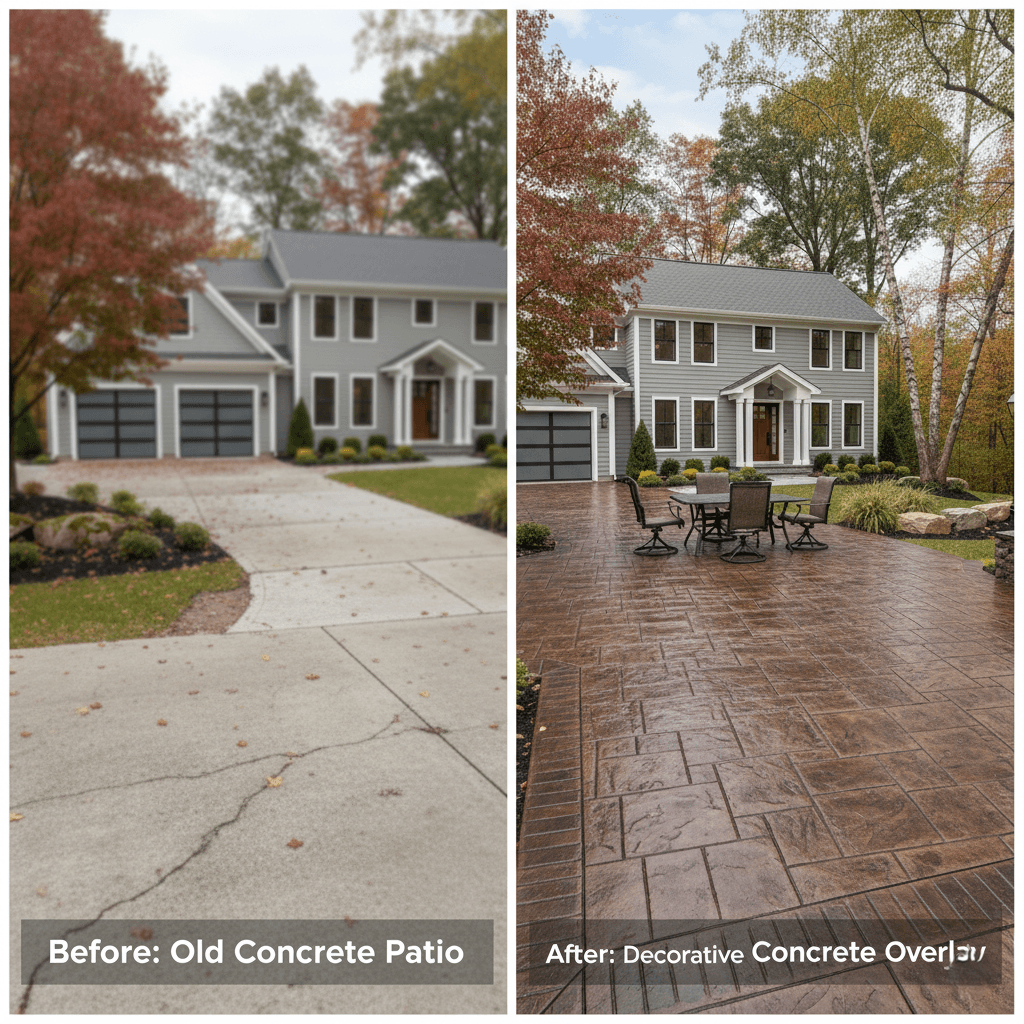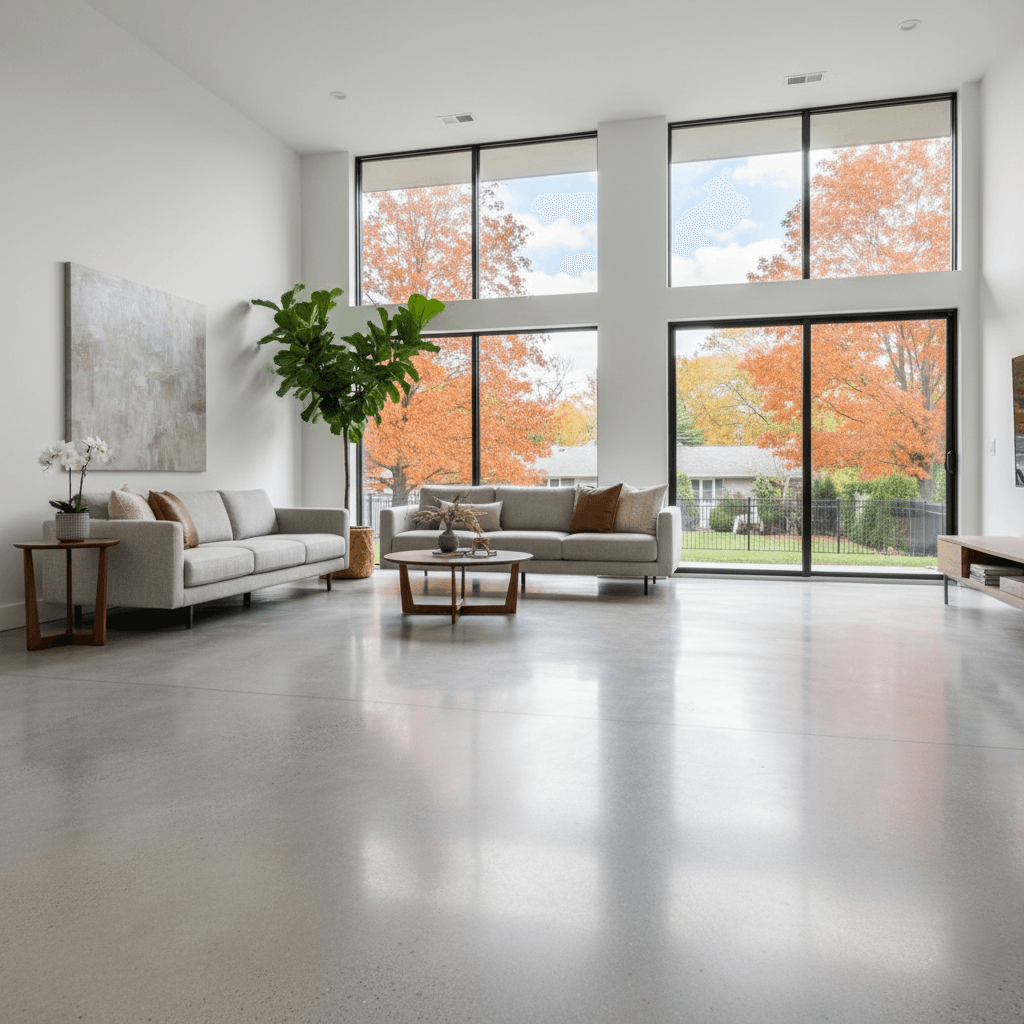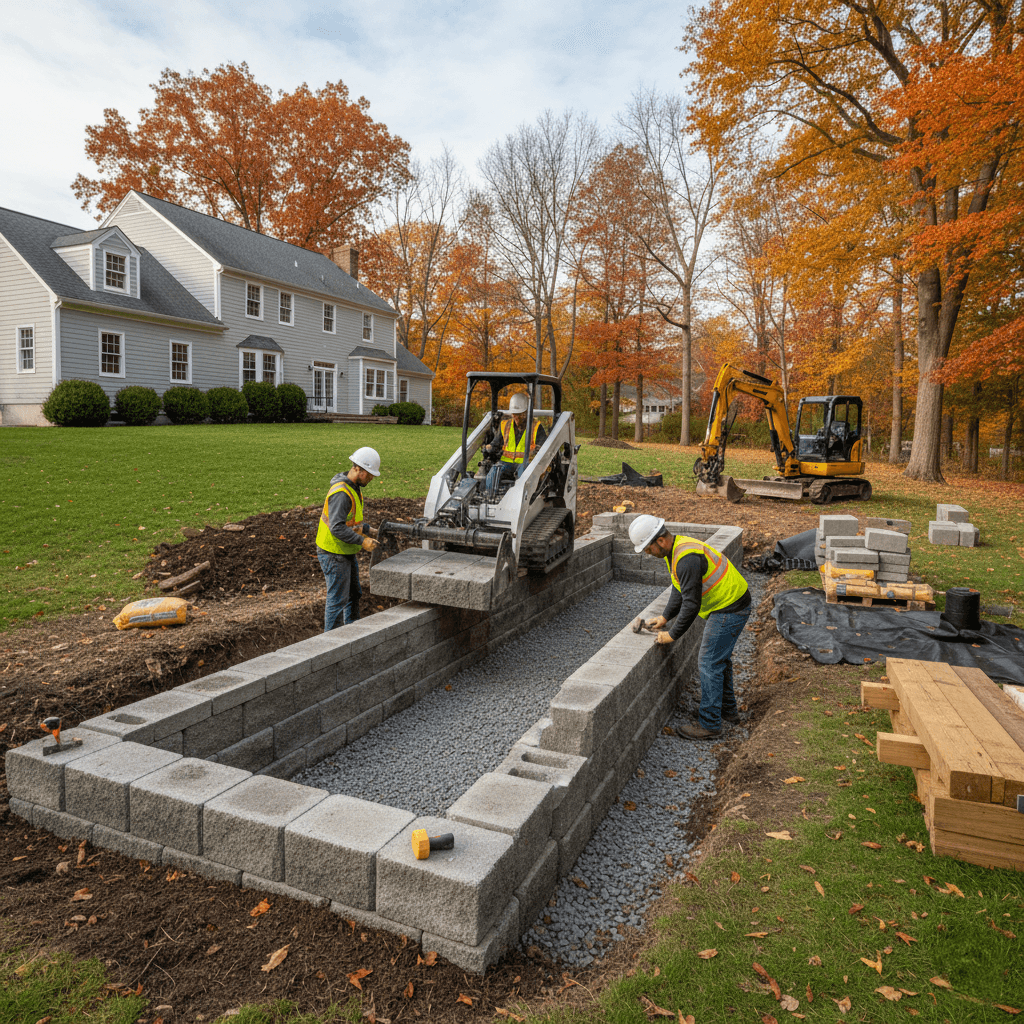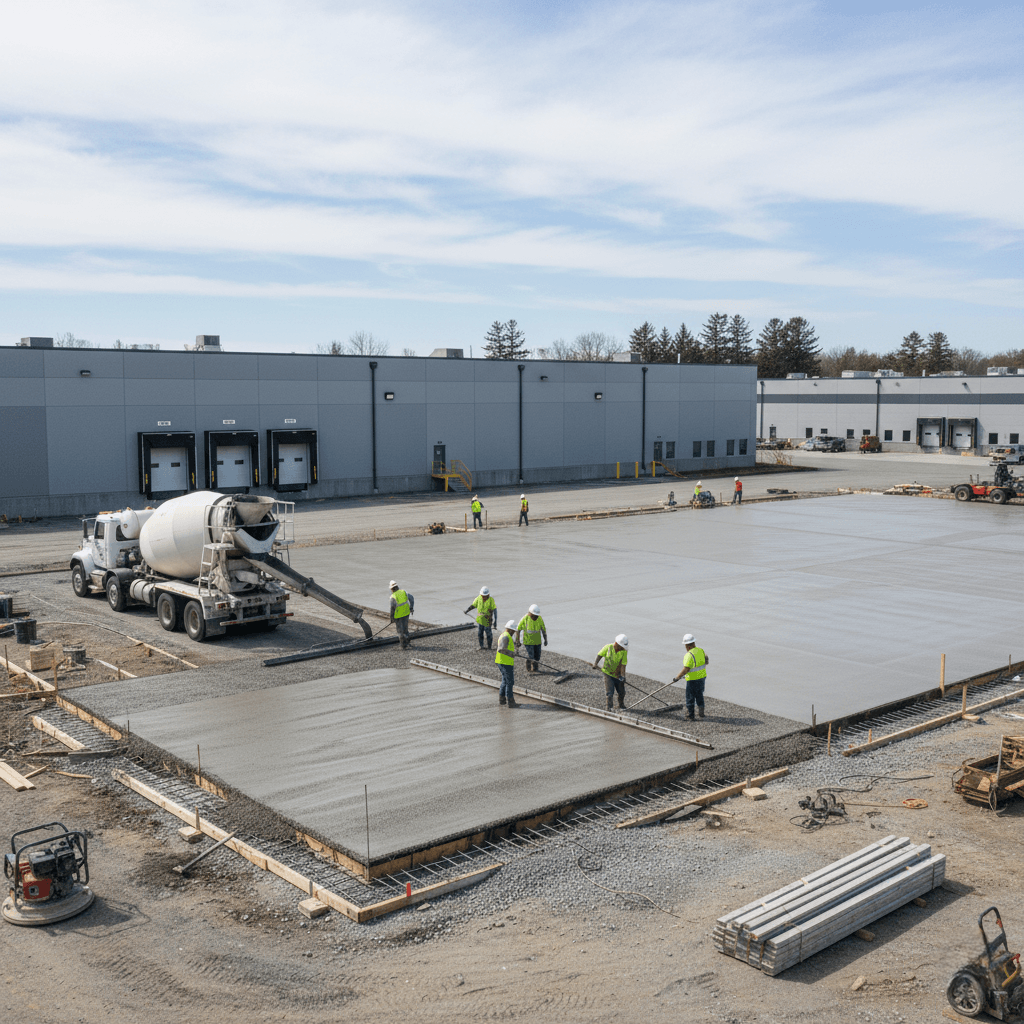
Springfield Concrete Driveway Installation: What to Know First
Concrete Driveway Springfield
Planning a concrete driveway installation in Springfield requires understanding local regulations, climate considerations, and proper specifications. Massachusetts building codes mandate specific requirements for residential driveway construction, while Springfield’s unique soil conditions and freeze-thaw cycles demand careful material selection. Professional driveway installation Springfield MA projects must comply with city permit requirements and state construction standards. Understanding these factors before starting your project ensures long-lasting results and avoids costly mistakes. Proper planning addresses everything from soil preparation to concrete specifications, creating a durable surface that withstands New England weather conditions.
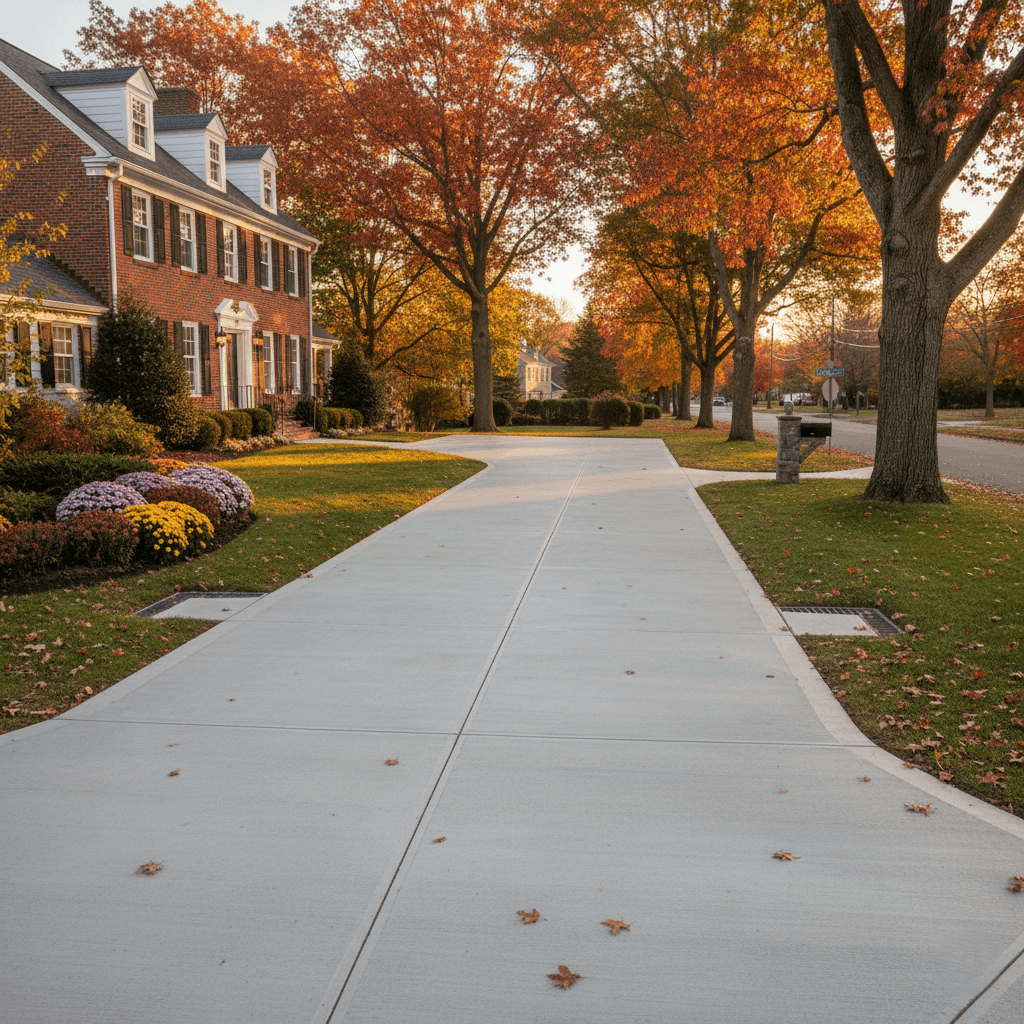
Understanding Springfield’s Permit Requirements
Most residential concrete driveway projects on private property don’t require building permits in Springfield. However, specific circumstances may trigger permit requirements through the Department of Inspectional Services. Projects involving structural changes, connecting to public sidewalks, or affecting drainage patterns typically need approval.
Commercial driveways and those impacting public right-of-way require permits from Springfield’s Department of Public Works. Street occupancy permits become necessary when concrete trucks or equipment block public streets during installation. Properties near Springfield College or downtown areas may face additional restrictions due to traffic considerations.
When Permits Are Required
Springfield building requirements mandate permits for driveways connecting to new construction or those requiring utility connections. Projects affecting stormwater management near the Connecticut River watershed may need Conservation Commission review. Always verify requirements with the city’s permitting office before beginning work.
Climate-Specific Concrete Specifications
Springfield’s freeze-thaw cycles require air-entrained concrete with a minimum 5% air content for frost protection. Standard residential driveways require 4,000 PSI compressive strength, though 4,500 PSI provides better durability in the Massachusetts climate conditions. Proper air entrainment prevents water infiltration and subsequent freeze damage.
Winter temperatures near the Springfield Technical Community College area regularly drop below freezing, making air entrainment crucial. Concrete specifications, Massachusetts guidelines recommend specific mix designs accounting for local aggregate availability and weather patterns.
Thickness and Reinforcement Standards
Residential concrete driveways should measure 5-6 inches thick for optimal durability. Standard passenger vehicles require a minimum 4-inch thickness, but increased depth provides better longevity. Wire mesh reinforcement positioned in the lower third of the slab prevents crack propagation.
Properties accommodating heavier vehicles near Forest Park recreation areas may benefit from a 6-inch thickness with rebar reinforcement. Proper reinforcement placement requires professional installation to ensure effectiveness.
Soil Conditions and Base Preparation
Springfield’s Connecticut River valley location creates varied soil conditions affecting driveway planning guide recommendations. Clay soils common near East Springfield require additional base preparation and drainage considerations. Proper compaction prevents settling and subsequent concrete cracking.
Granular base materials should extend 4-6 inches below the concrete slab. Well-drained gravel provides stable support while facilitating drainage. Soil testing reveals specific conditions around areas like Sixteen Acres, helping determine appropriate base depth.
Drainage Considerations
Proper drainage protects concrete driveway investments from water damage. Springfield’s terrain requires careful grading, directing water away from foundations and toward appropriate outlets. Inadequate drainage causes undermining and premature failure.
Properties near the Memorial Bridge area may face specific drainage challenges due to proximity to water features. Professional assessment identifies potential issues before installation begins.
Timing and Weather Considerations
Springfield’s construction season typically runs from late April through October, avoiding freeze risk during curing. Concrete requires protection from freezing for a minimum of 72 hours after placement. Summer installation offers optimal conditions but requires protection from rapid moisture loss.
Projects near Springfield’s downtown core benefit from spring or fall timing when temperatures remain moderate. Extreme heat affects concrete workability and finish quality, while early frost can damage fresh concrete permanently.
Curing Requirements
Proper curing develops full concrete strength and durability. Massachusetts’ climate requires extended curing periods during cooler weather. Adequate moisture retention for 28 days ensures optimal strength development and resistance to freeze-thaw damage.
Design and Aesthetic Considerations
Modern concrete driveways offer numerous design options beyond basic gray surfaces. Stamped patterns, colored concrete, and exposed aggregate finishes enhance curb appeal while maintaining functionality. However, decorative options require specialized installation techniques and may affect pricing.
Properties in Springfield’s historic neighborhoods near Court Square may benefit from designs that complement architectural styles. Professional contractors provide samples and recommendations based on home design and neighborhood character.
Expansion Joint Placement
Expansion joints accommodate concrete movement during temperature changes. Joints should be placed every 10 feet in 4-inch-thick slabs, with spacing adjusted for slab thickness. Proper joint placement prevents random cracking and extends driveway life.
Cost Factors and Budgeting
Springfield concrete driveway costs vary based on size, thickness, reinforcement, and finish options. Basic installations range from $8 to $12 per square foot, while decorative finishes increase costs significantly. Site preparation requirements affect final pricing, particularly for challenging soil conditions.
Projects requiring permits, utility coordination, or complex drainage solutions involve additional expenses. Obtaining multiple quotes helps establish realistic budgets while ensuring quality workmanship. Remember that the lowest bid may not provide the best long-term value.
Maintenance Planning
Regular maintenance preserves the concrete driveway’s appearance and extends its service life. Annual sealing protects against moisture penetration and freeze-thaw damage. Prompt crack repair prevents water infiltration and subsequent deterioration.
Springfield’s harsh winters require careful snow removal techniques, avoiding chemical deicers that damage concrete surfaces. Proper maintenance planning begins during the design phase, considering access for future repairs.
We specialize in residential driveway construction throughout Springfield, providing comprehensive concrete driveway installation services that meet all local requirements and specifications. Springfield Concrete Masters ensures your project complies with city regulations while delivering lasting quality suited to our region’s demanding climate conditions.

